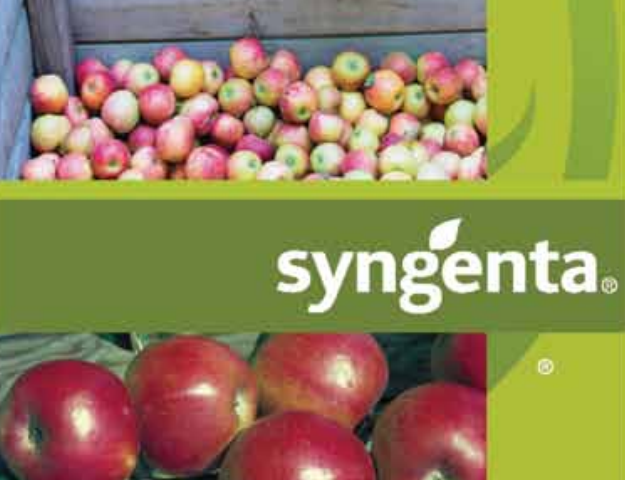Added value and market access at Syngenta
Syngenta’s contribution to the fresh produce industry is double: innovative vegetable varieties and integrated solutions like ‘Fruit Quality Contract’ to enhance market access.
With its vegetable seed division, Syngenta has a leading position in the market in developing value-added varieties throughout the value chain. They achieve better market value and differentiation with the taste (sugar, sour, volatile compounds, etc.), convenience (varieties adapted to the fresh-cut industry), shelf-life (better taste and long-lasting), as well as contributing to better sustainability (through disease resistance and better eating qualities). Kumato® tomatoes, Angello™ seedless peppers, Angelle mini plum tomatoes, Nebula berry tomatoes and Caniles™ tomatoes are among the most successful product lines developed.
‘Fruit Quality Contract’ (FQC) is the value-added service provided by Syngenta to enhance market access for growers and partners. It consists of helping with more responsible residue management in order to respond to requirements. FQC combines crop protection programmes in the field: digital tools and devices that help improve sustainable practices. These include operation pollinators, Heliosec to manage waste water from spraying, biodiversity assessment and improvement, etc.
Worldwide cooperation with growers and retailers
“We provide fruit growers and exporters with expertise in crop protection programmes, responsible residue management and market regulations with our teams using our unique, innovative FQC tool,” said Syngenta , food chain manager Jeremie Chabanis. The most advanced FQC programs developed by Syngenta are with farmers from Europe and Latin America with apples, pears, table grapes, wine grapes, blueberries and stone fruit. “We already have significant collaborations in Italy, Chile, Holland, Spain and India for fresh fruit; and in France, Germany, Spain and Italy for wine grapes. “The ultimate aim of these programmes is to deliver the best quality and sustainable products matching consumers’ and food chain expectations, like for example in the UK, Germany, France and Italy,” Chabanis said.
Helping ACP countries, too
“In these countries today, we also see constant development of the product concepts for both local and export markets, based on more convenience, taste and market access,” he said. Syngenta is getting positive feedback from farmers for performing varieties, crop protection programmes and solutions, and more requests from farmers of Africa potentially interested in the Fruit Quality Contract. They still have a lot of questions to be answered and face difficulties in understanding the complexities with European market regulations, voluntary standards and retailers’ requirements. “Exportoriented countries face constant challenges with changing EU regulations and private standards imposed by retailers.” Currency, trading barriers and logistics constraints add to the complexity.
PE


